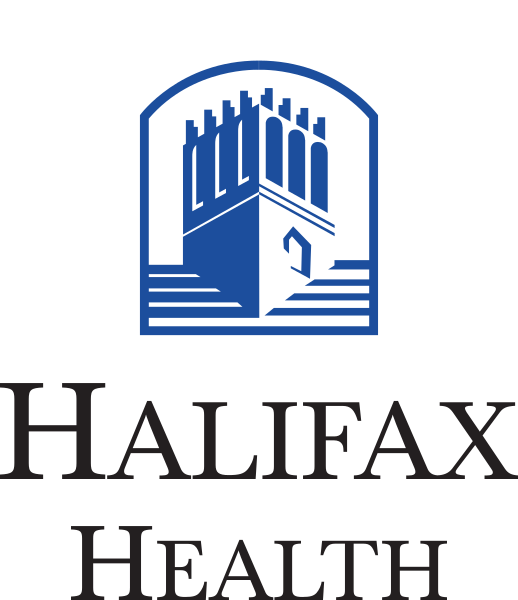A concussion is an injury to the brain caused by a blow or jolt to the head that results in temporary loss of or alteration of consciousness. A concussion may occur without obvious external injuries to the head.
Depending on one’s age, the causes of concussion vary. Younger people are at greater risk for concussions from falls, car accidents or sporting activities. For people older than 75, the typical cause is from a fall. In fact, concussions from falls in older adults make up the majority of all reported concussions, and consequently older adults are at greater risk for concussion. Sustaining a concussion can lead to many complications, some life changing while others life threatening.
Following a concussion, symptoms can include: headache, neck pain, nausea/vomiting, dizziness, blurred vision, balance problems, sensitivity to light or noise, difficulties concentrating or remembering, low energy or fatigue, confusion, drowsiness, increased irritability, sadness, anxiety or trouble falling asleep. In most people, symptoms remit within one to two weeks, but in some people, symptoms persist. If your symptoms persist, there are treatments available.
Concussion prevention
According to the Centers for Disease Control, the majority of concussions can be prevented with proper safety measures.
For children, provide a soft surface to play on, place safety gates as needed to prevent falls, use a car seat, and wear a seat belt properly. For people who play sports, wear a protective helmet. For older adults, this means keeping your living space clutter free, remove furniture with sharp edges, discard throw rugs (as they are a slip hazard), set up night lights to illuminate your walking spaces. For all adults, only drink alcohol in moderation, wear your seat belt while driving, make sure airbags are operational and if you ride motorcycles, wear a helmet.
It is always a good idea to be seen by your doctor if you have a concussion, or for that matter, even if you hit your head, particularly for older adults. Oftentimes, older adults are taking blood thinning medications, and a seemingly benign head injury can evolve into a brain bleed, which is a medical emergency.
Following a concussion, it is recommended to limit physical activity to routine daily activities and to avoid exercise, training, sports, etc. In addition, it is best to limit activities such as school, work and screen time to a level that does not worsen symptoms. It is also recommended to avoid alcohol, prescription and non-prescription drugs without medical supervision (including sleeping tablets, aspirin, anti-inflammatory medications or stronger pain medications such as narcotics), and no driving until cleared by a healthcare professional.
Furthermore, it is recommended that if the person notices any change in behavior, vomiting, worsening headache, double vision or excessive drowsiness, to call your doctor or go to the nearest hospital emergency department.
— Eugene J. Rankin, Ph.D., is a board-certified clinical neuropsychologist affiliated with Halifax Health|Brooks Rehabilitation Center for Inpatient Rehabilitation, and the Halifax Health| Brooks Concussion Program.

